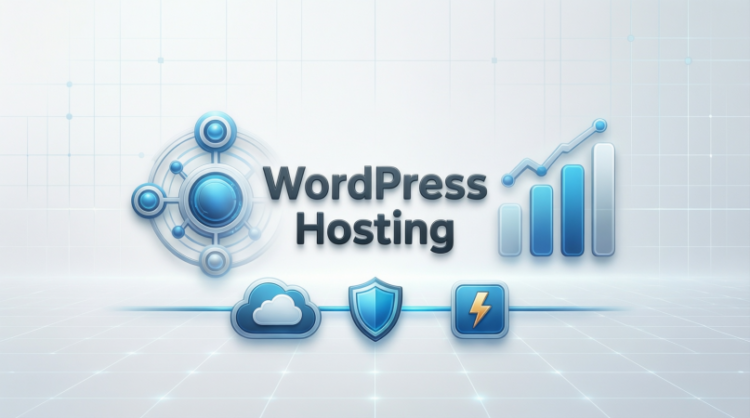
- 1. Introduction to Ecommerce Content Marketing
- 2. Importance of Content Marketing for Ecommerce Businesses
- 3. Understanding the Target Audience
- 4. Keyword Research and SEO Optimization
- 5. Creating Engaging and Informative Product Descriptions
- 6. Incorporating Visual Content
- 7. Leveraging User-Generated Content
- 8. Utilizing Email Marketing Campaigns
- 9. Creating Relevant Blog Posts and Articles
- 10. Integrating Social Media Marketing
- 11. Collaborating with Influencers and Affiliates
- 12. Analyzing and Measuring Performance
- Conclusion
- FAQ:
Digimagaz.com – In today’s digital era, effective content marketing has become a crucial aspect of any successful ecommerce business. By creating and distributing valuable and engaging content, ecommerce businesses can attract and retain customers, drive traffic to their websites, and ultimately increase sales. This article will delve into the winning strategies for ecommerce content marketing, providing insights on how to optimize your content to achieve the desired results.
1. Introduction to Ecommerce Content Marketing
Ecommerce content marketing involves the creation and distribution of relevant and valuable content to attract and engage the target audience. It goes beyond traditional advertising and focuses on building long-term relationships with customers by providing them with informative and entertaining content.
2. Importance of Content Marketing for Ecommerce Businesses
Content marketing is essential for ecommerce businesses due to several reasons. Firstly, it helps in improving search engine rankings and driving organic traffic to the website. Secondly, it establishes the business as an authority in the industry and builds trust with the audience. Lastly, it allows businesses to showcase their products and educate customers about their features and benefits.
3. Understanding the Target Audience
Before creating any content, it is crucial to understand the target audience. Conduct thorough research to identify their demographics, interests, and pain points. This information will help you tailor your content to meet their specific needs and preferences.
4. Keyword Research and SEO Optimization
Performing keyword research is vital for ecommerce content marketing. Identify relevant keywords that are frequently searched by your target audience and strategically incorporate them into your content. This will improve your website’s visibility in search engine results and increase organic traffic.
5. Creating Engaging and Informative Product Descriptions
When it comes to ecommerce, compelling product descriptions are essential. Craft engaging and informative descriptions that highlight the unique selling points of each product. Use persuasive language, showcase the benefits, and address any potential concerns or objections the customers may have.
6. Incorporating Visual Content
Visual content such as images and videos can significantly enhance the effectiveness of your ecommerce content marketing. Humans are visual beings, and incorporating appealing visuals can capture their attention and convey information more effectively. Use high-quality images, product videos, and infographics to make your content more engaging and shareable.
7. Leveraging User-Generated Content
User-generated content (UGC) is a powerful tool for ecommerce businesses. Encourage your customers to share their experiences, reviews, and testimonials. UGC not only builds trust but also serves as social proof, influencing potential customers’ purchasing decisions.
8. Utilizing Email Marketing Campaigns
Email marketing remains a highly effective strategy in ecommerce content marketing. Build an email list and send targeted campaigns to your subscribers. Provide them with valuable content, exclusive offers, and personalized recommendations. Emails can help nurture leads, drive conversions, and retain customers.
9. Creating Relevant Blog Posts and Articles
Blogging is an excellent way to provide valuable information to your target audience. Create relevant blog posts and articles that address common pain points, offer solutions, and showcase your expertise. This establishes your brand as a thought leader in the industry and attracts organic traffic to your website.
10. Integrating Social Media Marketing
Social media platforms are essential for ecommerce content marketing. Develop a strong social media presence by sharing your content, engaging with your audience, and running targeted ad campaigns. Leverage the power of social media to drive traffic, increase brand awareness, and generate leads.
11. Collaborating with Influencers and Affiliates
Influencer marketing and affiliate partnerships can significantly boost your ecommerce content marketing efforts. Identify influencers who align with your brand and have an engaged audience. Collaborate with them to create sponsored content and promotions. Additionally, establish affiliate programs to incentivize partners to promote your products.
12. Analyzing and Measuring Performance
To ensure the effectiveness of your ecommerce content marketing strategies, it is essential to analyze and measure performance. Utilize tools like Google Analytics to track website traffic, user engagement, and conversion rates. Use the insights gained to refine your content and optimize your marketing efforts further.
Conclusion
Ecommerce content marketing is a powerful tool for driving success in the digital landscape. By understanding your target audience, conducting thorough keyword research, creating engaging content, and leveraging various marketing channels, you can develop winning strategies that enhance your brand’s visibility, engage customers, and drive sales.
FAQ:
Q: How long does it take to see results from ecommerce content marketing? A: The time it takes to see results from ecommerce content marketing can vary based on various factors such as industry, competition, and marketing efforts. Generally, it takes time to build a strong online presence and establish credibility. Consistency and patience are key, and results can start to show within a few months, but long-term success requires ongoing effort and optimization.
Q: What are some effective ways to promote content in ecommerce marketing? A: Some effective ways to promote content in ecommerce marketing include utilizing social media platforms, leveraging email marketing campaigns, collaborating with influencers and affiliates, optimizing for search engines, and encouraging user-generated content. It’s essential to choose channels that align with your target audience and consistently promote your content through various mediums to maximize its reach and impact.
Read More :





